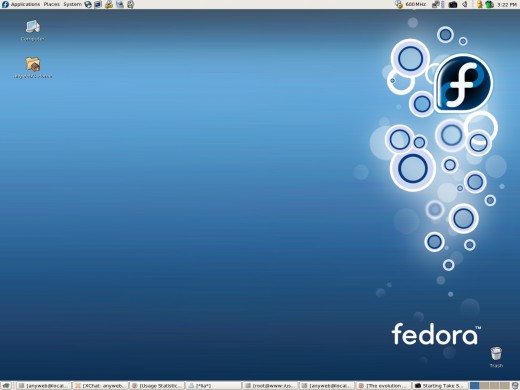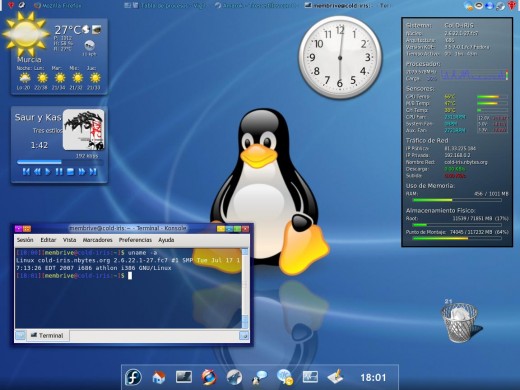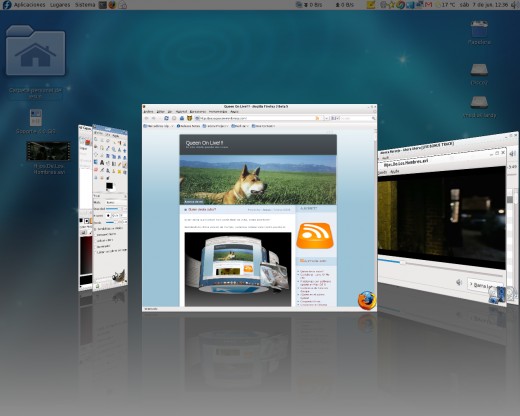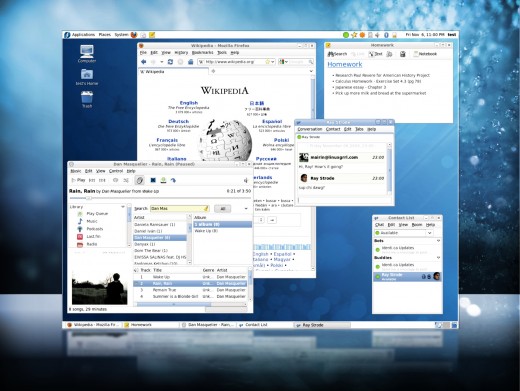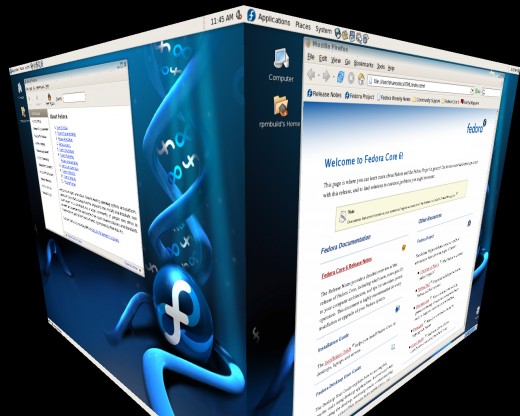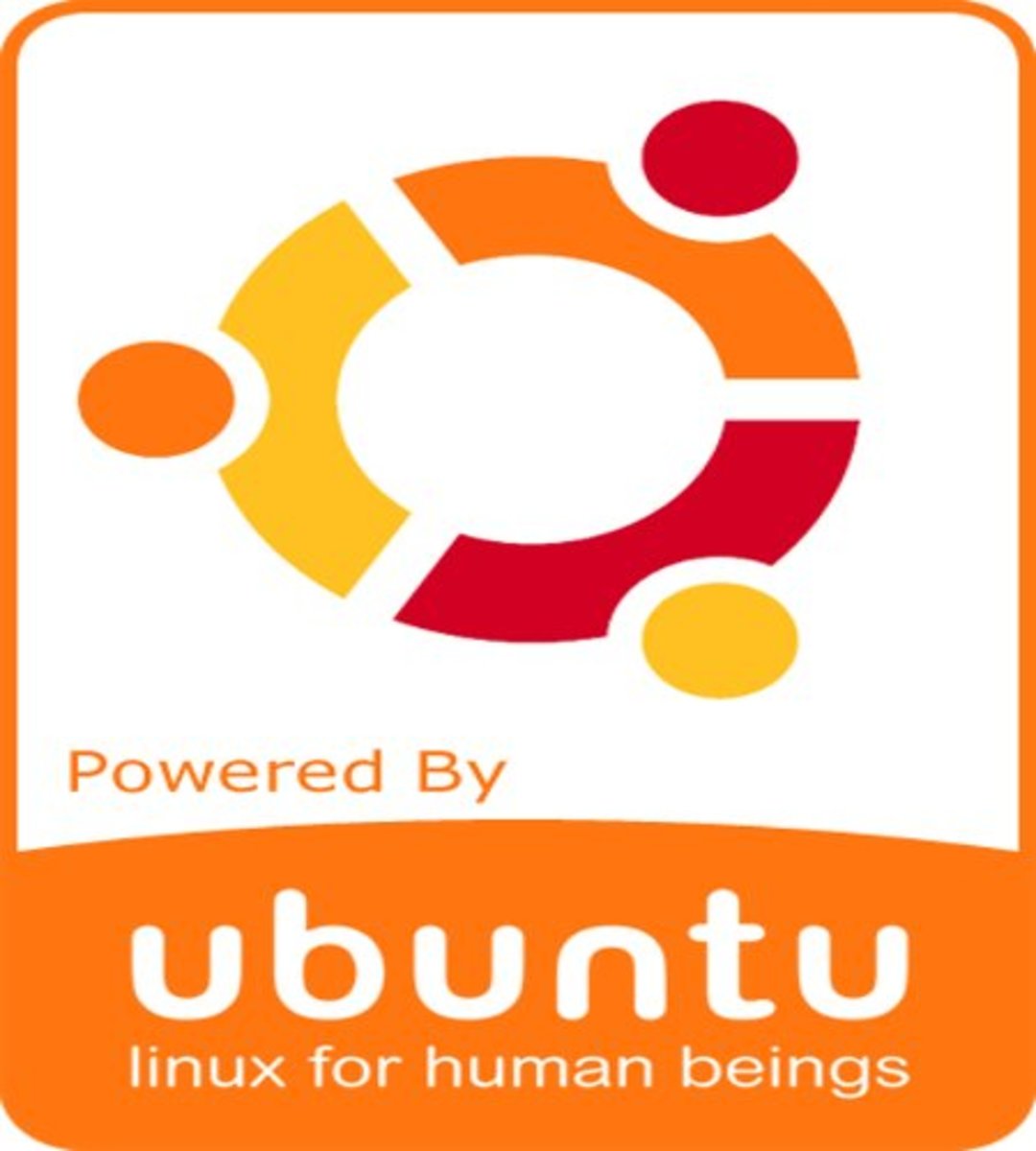- HubPages»
- Technology»
- Computers & Software»
- Operating Systems
Fedora Linux, The Core
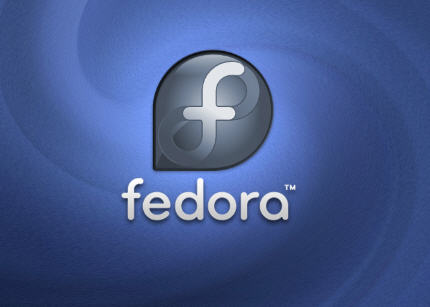
Fedora project
Click thumbnail to view full-size






Overview
Fedora is a mayor distribution for the open source OS family, Linux; and also is promoted by Red Hat Enterprise, its core has been built since the beginning from the native Linux Core source.
Its origins date from 2003, when the first release was completed, and then; a huge project began to emerge for a developers community that where interested to give maturity and adaptations through the rapid changing technology world.
Fedora is the most adaptive distribution for Linux operative systems, meaning that through time, it has released version for many professional communities needs.
In deep

Major links
- Fedora Project - Official web site
Try and learn more! - Fedora - Wikipedia, the free encyclopedia
Detailed history and specifications.
Versions & Stability
Current version for Fedora distribution is Fedora 12, been the last distribution released to the public in general. Fedora Linux provides x86 and x64 support, meaning that you can install it in processor for 32 or 64 bits integer registers with no problem.
The Fedora project has reached such maturity that is considered stable, from its previous versions, Fedora Cores (1 to 6), to the newest 12 name code: Constantine; it has evolved to a complete set of variants to supply customers needs on demand.
Fedora Core Team has a Quality Assurance Project dedicated to make tests for the operative system updates, a BugZappers Team to get connection between users an developers and gain feedback in response, and an exclusive Meeting Channel in which they control all their communication among all the Fedora community.
Linux MacGyver Distro =)
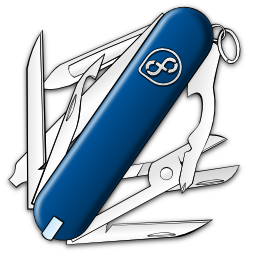
Fedora Spins
Fedora is a special case for Linux distribution, being specific: Its package are developed by software package development specialists to create Spins.
You can go ahead and check the Fedora Spins Directory to have more info, or go to any of this spins if they fit to you.
A spin...
Fedora Spins are specific distribution versions, adapted to give a solution to a group of users, and provided the required results with a complete package collection.
A Spin for your skin!
It goes like this:
- Fedora Spin Games: A pre-compiled Fedora to gamers.
- Fedora Electronic Lab: A Spin for Electronic Engineer designs and more.
- Fedora Education Spin: Education package, so you can lead an Open Source School implementation.
Safe-box OS


SELinux, Security-Enhanced Linux
This is the security roles implemented from the Security Modules in the Linux Kernel that is also implemented on the U.S. Department of Defense.
The SELinux implementation is based on a strong security access control policies that integrates high level enforcement for user accessing to information, system services, applications and enterprise resources.
This security standards are provided by the Trusted Computer Systems Evaluation Criteria (TCSEC) wich is a part of the U.S. Government Department of Defense and is referred as the Orange Book.
Certified evaluation from the TCSEC for SELinux are the classes B3 and A1, meaning that this security implementations assures a Mandatory Protection Level that includes an Automated Imminent Intrusion detection, notification and response; and Covert Storage Channels to analyze network occurrences and bandwidth control monitoring.
Better think twice if you want to hack into a Fedora Core SELinux implementation!!!
The future is Open.
Linux and IBM
IBM (International Business Machines) is married to Red Hat Enterpirse, so most of their best enterprise server solutions are implemented with it.
As IBM supports Red Hat, indeed it support the open source project and offers documentation for developers on Perl and Phyton programing language, linux white papers and more.


